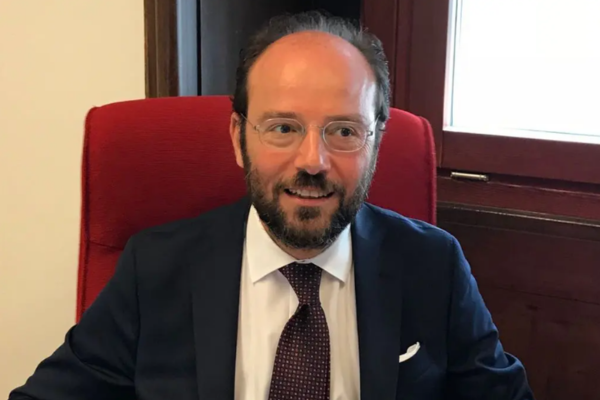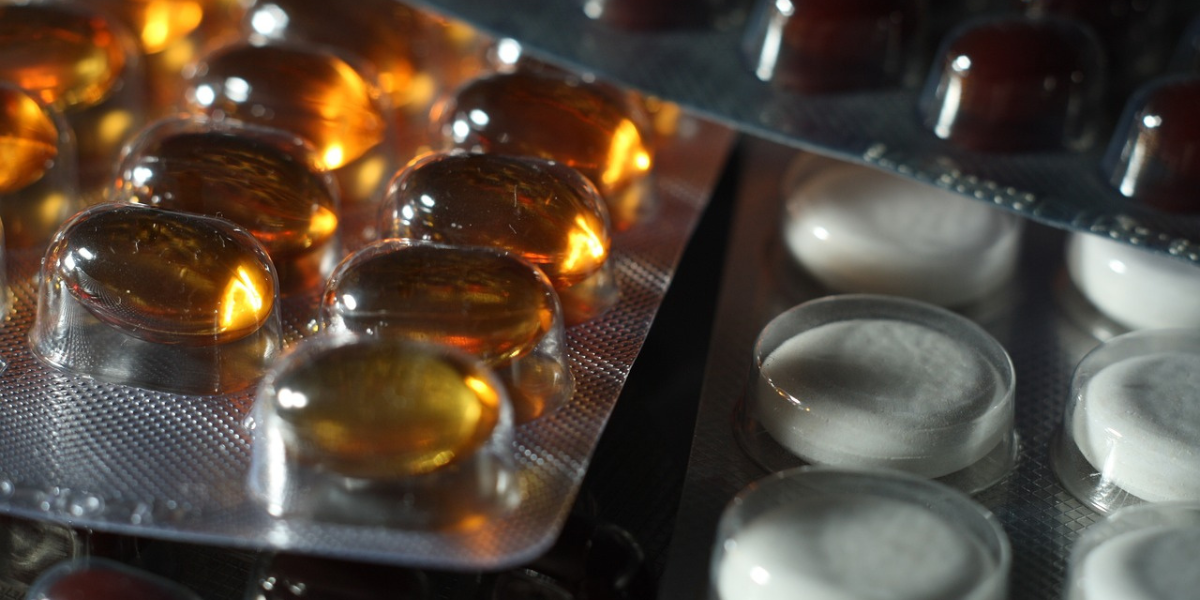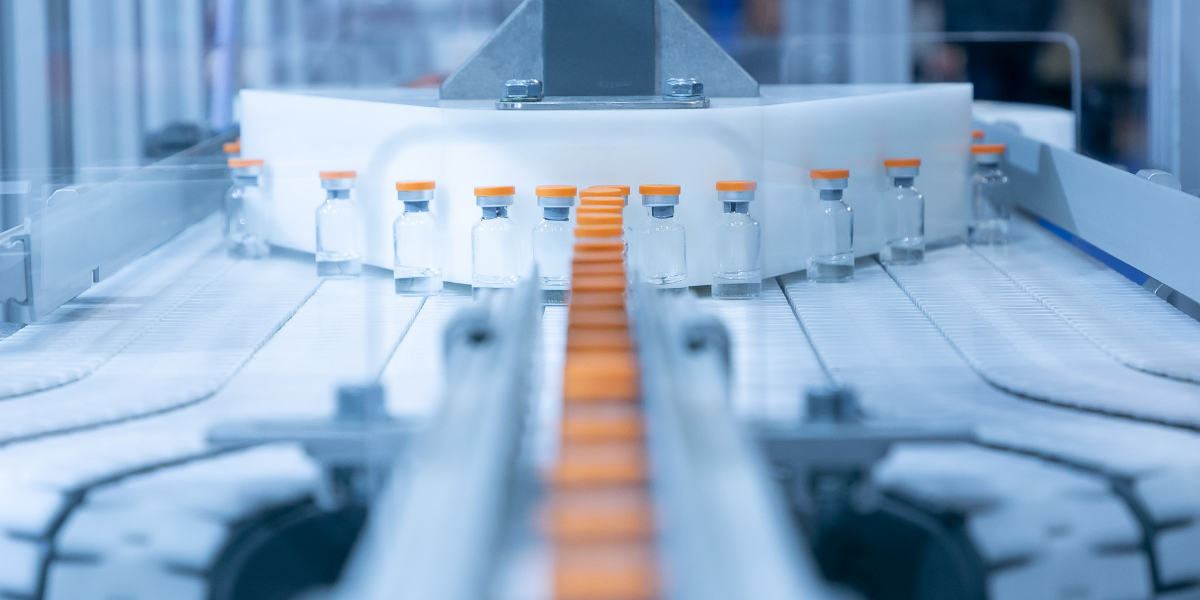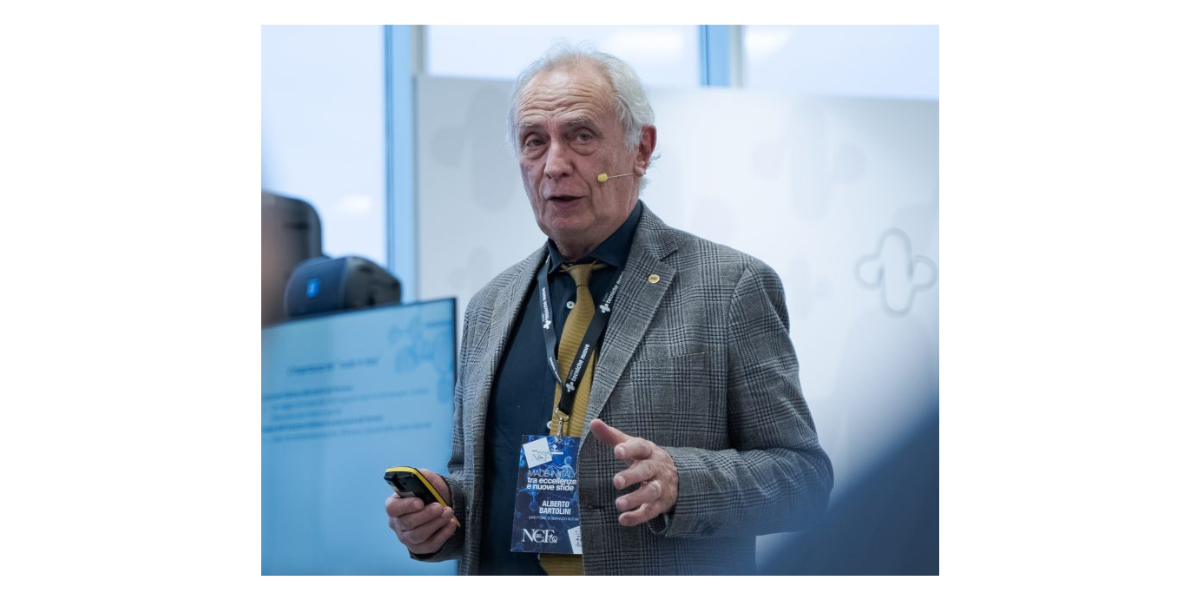
CertiQuality is a certification body for businesses that specialises in the certification of corporate management systems for quality, the environment, and safety, as well as information security, product certification, inspections, and training.
Thanks to its extensive experience CertiQuality supports companies in all areas of environmental, social and economic sustainability.
Armando Romaniello - Director of the Strategic Area for Medical Devices at Certiquality, introduces us to CertiQuality's activities related to the partnership with Pharmintech 2025.
How important is participating in a fair like Pharmintech for your association?
“Certiquality is a certification company that is very active in the healthcare sector and is a Notified Body for CE marking of medical devices; therefore Pharmintech represents an opportunity to meet with the health industry, in particular for the entire segment that focusses on substance-based medical devices. The industry of Medical Devices is currently going through significant changes following the introduction of the Medical Device Regulations (MDR) UE 2017/745. These changes primarily affect regulations concerning compliance, registration, and surveillance of medical devices.
The new European regulation MDR stepped up regulations relating to medical devices and companies are now required to meet higher quality standards and conduct more in-depth clinical studies to demonstrate the effectiveness and safety of their products. Companies are also required to evaluate their compliance levels in more detail, including safety and performance assessments, post-marketing monitoring, and safety data reporting. One of the most significant innovations is the introduction of unique identification of devices, using device identifiers. The main objective of this regulation is to strengthen the safety and effectiveness of medical devices, improve transparency, and strengthen regulatory oversight. Its implementation is taking place gradually, requiring significant adjustment by medical device companies that operate in the European Union or intend to sell their products in this market. Many companies are lagging behind, and although an extension has been granted to the deadlines for certificates issued against the previous directive, it is important for medical device manufacturers to speed up the process of obtaining certification.
Certiquality, in its role as a Notified Body, is therefore fully involved in this precess."
What is your mission and what are the issues and new projects you are focusing on?
“Certiquality’s mission is to facilitate businesses, non-profit organisations, and public administration authorities in evaluating and managing the various complexities by ensuring training and assessment on international methodological standards for compliance and governance on a global scale so that they can channel their abilities towards long-term sustainability and competitiveness."
Sustainability and digitalisation: What contribution can your association make and, in your opinion, how is the life science market moving in relation to these issues?
“Artificial intelligence is one area that is set to have a significant impact on diagnosis and medical treatments, while also opening up major new challenges in terms of cybersecurity for the entire healthcare supply chain. This convergence of AI and healthcare has the potential to revolutionise medical practice in various ways, but patient protection must remain central. Medical data is extremely sensitive and protecting patient information is a critical priority. Data breaches can have serious consequences, including loss of privacy and the risk of medical fraud. Therefore, it is vital that healthcare organisations develop robust cybersecurity measures to protect patient data and ensure that AI applications are used safely and responsibly.
What is more, AI can also be prone to errors or biases, which could negatively affect diagnoses and treatments. Therefore, strict quality control and transparency is needed when training AI algorithms in order to minimise such risks.
Finally, the integration of AI into medical diagnosis and treatment offers extraordinary opportunities to improve medical practice and personalise treatments. However, it is crucial to address cybersecurity challenges and ensure that AI is used ethically and responsibly to maximise benefits for patients and healthcare as a whole. From this perspective, medical devices of the future will be increasingly affected by these issues”.
1.png)


